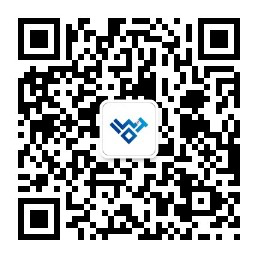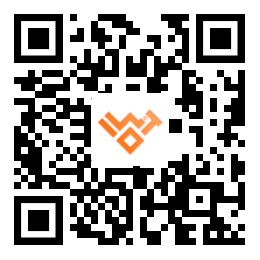Wuxi to build world's first city-level vehicle-road coordination platform
Wuxi will build the world's first city-level LTE-V2X (vehicle to everything) application demonstration area this September, according to a news conference held in Wuxi Hi-tech district on May 3.
Sponsored by the Wuxi Municipal Commission of Economy and Informatization, the Commission of Public Security, and the Jiangsu provincial government, the news conference marked the beginning of the construction of the city-level LTE-V2X application demonstration area in Wuxi.
The project is also supported by the China Academy of Information and Communications Technology, China Mobile, Huawei, Tian An Net and a number of manufacturers, including Audi, FAW and Volvo.
Saad Maze, manager of Audi China, spoke highly of government efforts to develop vehicle networking, "The development has three goals: reducing the number of traffic accidents, reducing time spent waiting in traffic, and making driving more convenient and efficient."
Wuxi, as the country's only innovative demonstration area for the Internet of Things (IoT), built a comprehensive, intelligent national traffic testing base last September, taking the lead in the development of LTE-V2X.
V2X is the umbrella term for a car's communication system, where information from sensors and other sources travels via high-bandwidth, low-latency, high-reliability links, paving the way for fully autonomous driving.
V2X has several different communication components, including vehicle-to-vehicle (V2V), vehicle-to-infrastructure (V2I), vehicle-to-pedestrian (V2P), and vehicle-to-network (V2N) communications. This multifaceted system will allow cars to make use of cellular networks to talk to other cars, to infrastructure such as traffic lights and parking spaces, to smartphone-toting pedestrians, and to datacenters. Different scenarios will have different sets of requirements, which the communications system must handle efficiently and cost-effectively.
According to the news conference, the project will be carried out in three stages, lasting until 2020, and the first stage of collecting samples has already been completed. The second stage, starting from the conference, will be finished during this year's Word Internet of Things Exposition in September, which will result in the LTE-V2X network being implemented at 211 intersections and five elevated platforms, covering an area of 70 square kilometers. This will include the city's old section, Taihu New City, railway stations, airports, and the Xuelang testing area, and 100,000 connected vehicles will be provided with the platform. After this, the system will finally be applied to the entire province.
Zhou Wendong, director of the Wuxi Municipal Commission of Economy and Informatization, said that "the system will enhance the public's perception of transportation and the results of its implementation will be officially presented to the public during the 2018 WIOT."



